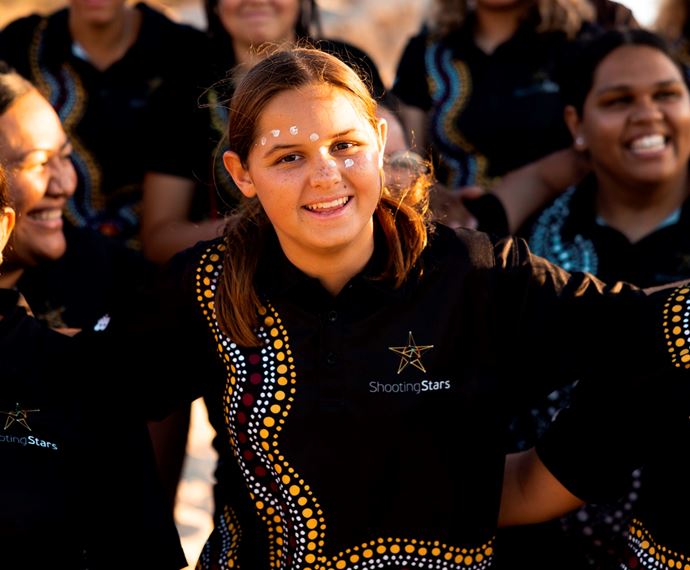Building strong and active communities through sport
Established in 2017, the Stephen Michael Foundation is an independent youth sporting and community outreach organisation associated with the South Fremantle Football Club.
Honouring Western Australian football great Stephen Michael, the foundation has provided a broad range of activities that have reached more than 3,000 young people across metropolitan and regional Western Australia.
With an ethos that thriving communities start with thriving kids that believe in their own self-worth, the foundation runs programs for youth from all cultural backgrounds.
Building physical and mental health wellbeing for youth in the Gascoyne and Murchison regions through recreational and cultural activities.
Stephen Michael Foundation
1/1/2019
$1,236,000
Lotterywest
$521,000
Gascoyne & Mid-West
Young People (13 – 18), Aboriginal and Torres Strait Islander People
- Schools reported improvements in student behaviour, engagement, and attendance throughout delivery of the school-based programs in each region.
- Youth across Murchison and Gascoyne had more access to regular sport, including opportunities to play with and against young people from other communities.
- The Rising Leaders program run in Carnarvon, Exmouth, Meekatharra and Mount Magnet supported marginalised and at-risk young people in heightening their skills of working with others, responding to stress and regulating behaviours.
- Employing local staff and collaborating closely with local service providers, schools and community members led to great engagement with participants.
- Collaboration also strengthened partnerships between local services providers.
- The foundation offered programs that were most relevant to each community, maximising the impact through efficient use of resources.
- The scope of funding for the project did not allow for the foundation to develop services that would lead to the creation of sustainable funding sources. Plans for the future aim to ensure the project can continue with less reliance on external funding sources.
- COVID-19 reduced access to some of the communities targeted through the Strong and Active Community Project.
Opportunity
Communities within the Gascoyne and Murchison regions are some of the most disadvantaged in Western Australia. On the 2016 Index of Relative Disadvantage, the communities rank as follows (out of 137 Local Government Authorities):
Upper Gascoyne: 3
Wiluna: 4
Meekatharra: 8
Mount Magnet: 9
Cue: 12
Yalgoo: 17
Carnarvon: 26
This level of disadvantage is compounded by low school attendance in these areas, with five of the nine targeted secondary schools reporting attendance of under 40%.
The Strong and Active Community Project was developed based on evidence that recreation programs with links to support services and opportunities to strengthen culture could lead to crime prevention and reduced anti-social behaviour.
Activities largely work through diversion, providing alternative safe opportunities for risk taking, the maintenance of social status, and opportunities to build healthy relationships with Elders and links with culture.
Approach
The Strong and Active Community Project was developed to engage at-risk youth aged 8 to 18 years in the Gascoyne and Murchison regions using sport, recreation, community and cultural activities to build physical and mental health.
The Stephen Michael Foundation had established working relationships with schools, local governments, State Government agencies and service providers in the Gascoyne and Murchison regions. In addition, the foundation was an active member of several key local community groups, who were consulted in the development of the project and involved in its implementation and evaluation.
The Strong and Active Community Project comprised of several initiatives including:
- NightFields & Night Hoops: a sports and recreation-based activity delivered after-hours to at-risk and disengaged youth to encourage positive engagement and reduce anti-social behaviour.
- School Engagement Program: providing young people with an opportunity to participate in a sporting activity aimed at encouraging school attendance and inspire positive behaviours.
- Sporting roadshows and crosstown carnivals: in partnership with local communities, the roadshows and carnivals encouraged young people to participate in a variety of sports and traditional games. Community members were also engaged to provide support roles such as umpiring, coaching, and catering.
- Skill development sessions: providing specialist skills development opportunities in line with state sporting associations across multiple sports, as well as coaching and umpiring sessions.
- Regional Talent Academy: specialist training sessions for strength and conditioning, nutrition, wellbeing, and social media for young people identified by state sporting associations.
- The Rising Leaders Program: a school-based leadership and well-being program targeting dis-engaged students aged between 13 and 17 years. The program uses sport as a vehicle to engage and immerse students in activities that can improve school attendance, classroom behaviour and leadership skills whilst also strengthening social and emotional wellbeing.
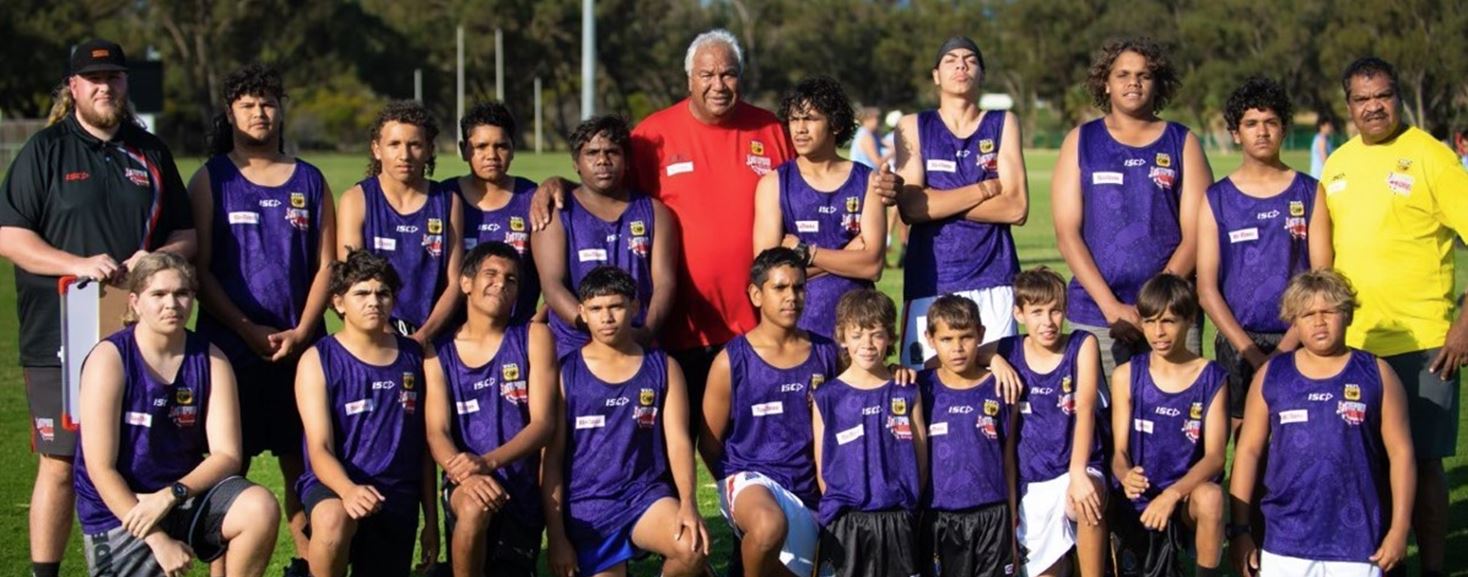
330
Sporting skill development sessions
150
NightFields and Night Hoops sessions
43
Regional Talent Academy sessions
Impacts and outcomes
The foundation worked alongside more than 40 partner agencies, service providers and community members to deliver the Strong and Active Community Project. In each region, an estimated 100 volunteers contributed to the project.
These collaborations ensured efficient allocation of resources and targeted service delivery, which led to greater engagement with participants.
A key outcome was schools reporting improvements in student behaviour, engagement, and attendance throughout delivery of the school-based programs in each region.
In addition, the project was delivered to young people across Murchison and Gascoyne regions - areas that have limited access to organised sports, requiring some participants to travel several hours to regional centres.
Young people had more access to regular sport, including opportunities to play with and against youth from other communities, which ultimately boosted their health and wellbeing.
In addition, foundation staff worked closely with an external consultant, local schools, community members, service providers and government agencies to develop an evaluation framework for the Strong and Active Community Project.
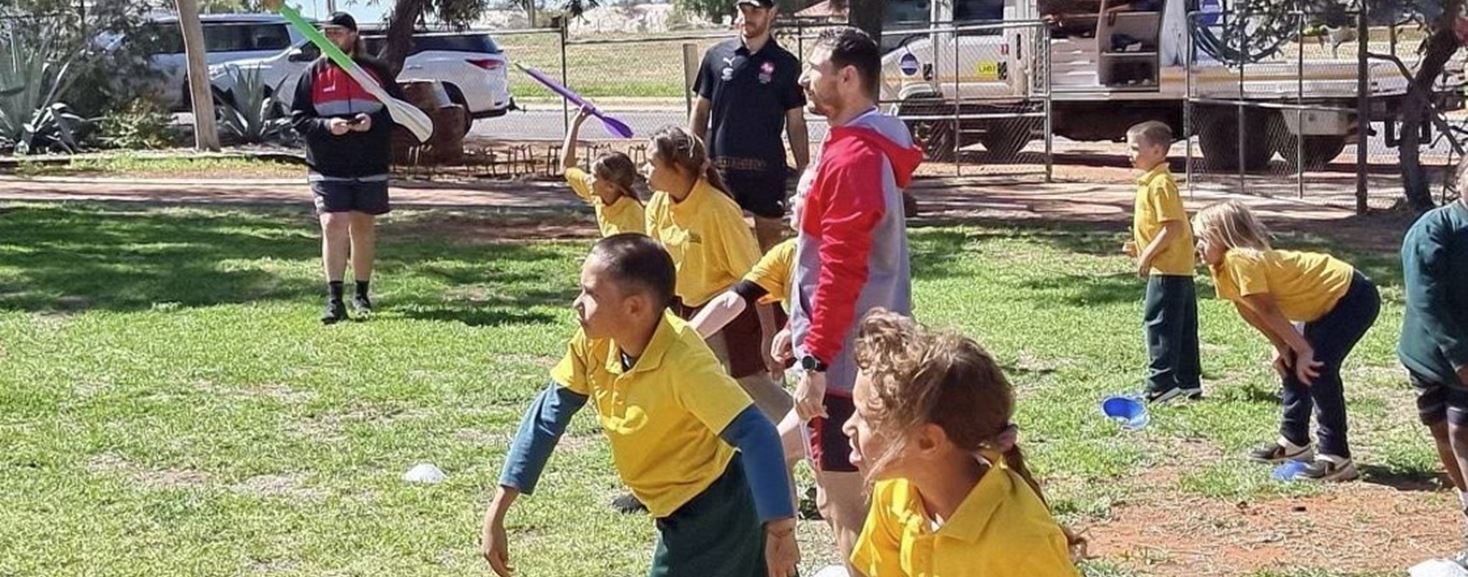
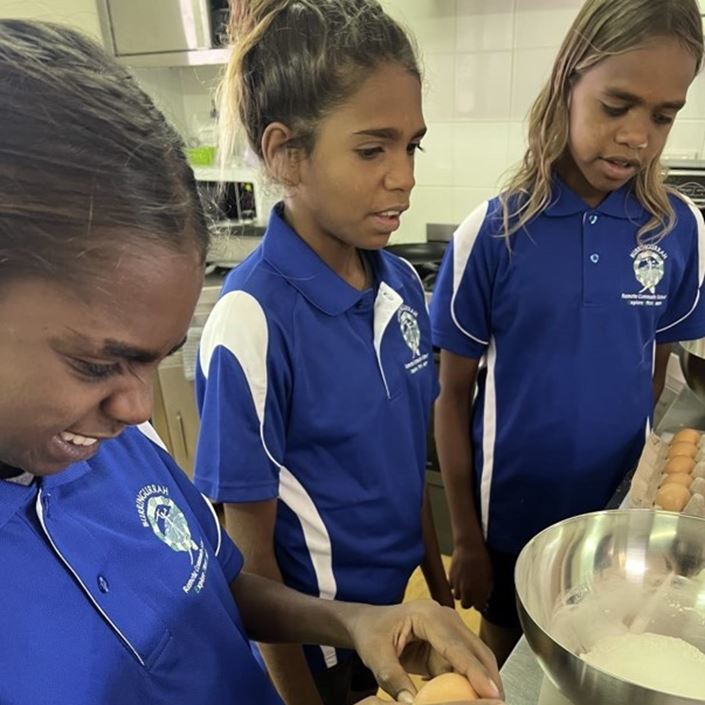
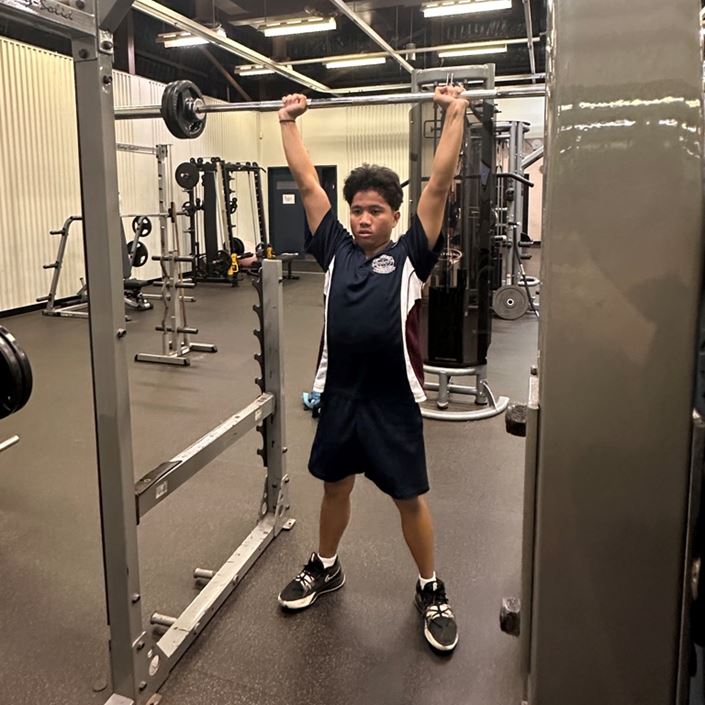
What worked
Local collaborations and employment
Employing local staff and close collaboration with local service providers, schools and community members led to greater engagement with participants and strengthened partnerships. This aspect ensured that the foundation could offer programs that were most relevant to each community and would capitalise on available resources.
Evaluation and reflection
Independent evaluations of the Rising Leaders Program in 2021 and 2022 collected feedback from participants, facilitators, school staff and principals to ensure that the foundation could continue to modify and improve the youth-focused program.
Key challenges
COVID-19 reduced and restricted community access
Like many organisations, COVID-19 reduced access to some of the communities targeted through the Strong and Active Community Project. In 2020, most activities were placed on hold and pushed back by a minimum of two months to allow for delivery with fewer restrictions.
Where possible, operations of some components continued during this time, including the development of new online program modules and opportunities to upskill staff in the Rising Leaders Project. By continuing some operations during the height of the COVID-19 restrictions, the organisation was better placed to reinstate the project as the restrictions began to lift.
Developing sustainable funding sources
The scope of funding for the project did not allow for the foundation to develop services that would lead to the creation of sustainable funding sources. It plans to review this aspect to ensure the project can continue with less reliance on external funding sources into the future.
Learn about wellbeing
Understand how your community is going to help you to better target and plan your project.
Ready to plan your project?
Understand your vision, plan your impact and report on the outcomes of your project with three easy interactive tools in the Community Impact Planner.
Acknowledgement of Country
The Western Australian Community Impact Hub acknowledges and pays respect to the Traditional Owners of the land on which we are based, the Whadjuk people of the Noongar Nation and extends that respect to all the Traditional Owners and Elders of this country. We recognise the significant importance of their cultural heritage, values and beliefs and how these contribute to the positive health and wellbeing of the whole community.
